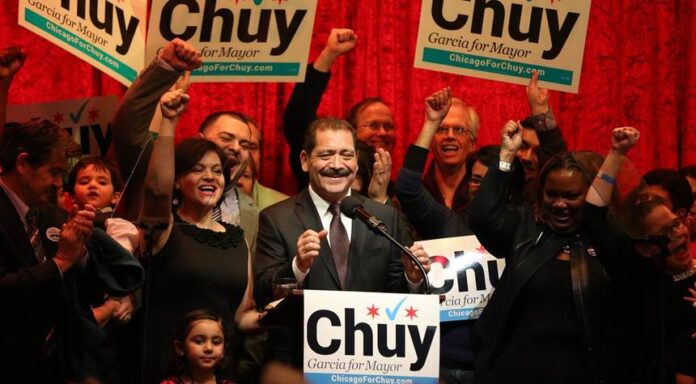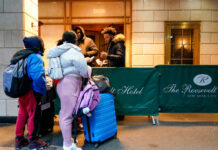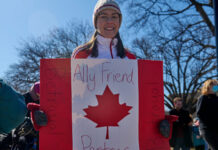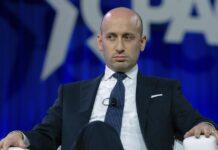There are four major candidates: incumbent mayor Lori Lightfoot, progressive U.S. Rep. Jesús “Chuy” García, Cook County Commissioner Brandon Johnson, and Paul Vallas, a former head of schools in Chicago, Philadelphia, and New Orleans.
Vallas claims to be the law-and-order candidate, while Johnson has indicated he will defund the police and spend the money on “people.” Garcia is a radical congressman, and Lightfoot has presided over a city in the throes of a violent crime wave not seen since the 1990s.
Not much to choose from. And that may be why fully 19% of Chicago voters are undecided three days from the primary election.
But there is a sense of an effort to claw back some of what Chicago has lost. Indeed, there’s a growing movement by more moderate forces in urban areas across the country to push back against the radical left’s policies that have left so many cities unlivable for so many people.
The progressive politics that have dominated the Windy City for decades have arrived at an inflection point, with headline after headline heralding violence and government failure at every level. It even greets travelers stepping off airplanes, as the recent images of sprawling homeless encampments within O’Hare International Airport confirm. Mayor Lori Lightfoot is bracing for the very real possibility of a stinging voter rebuke, facing challenges both from moderate Democrats and candidates much further to her left.
The election could serve as a signal both in Chicago and to other major urban leaders that their citizens may be far more moderate than the politics they begrudgingly tolerate. The election of a Chicago centrist would mark a serious threat to the entrenched power structures currently coursing through big-city politics – especially the outsize influence of public-sector unions.
The biggest public-sector union is the teachers union, which has made no secret of its desire to run the entire city government.
Public-sector unions – who are funded by taxpayers in the form of the dues harvested from public employee paychecks – are pumping money into the race on the progressive end. The American Federation of Teachers, the Illinois Federation of Teachers, and the Chicago Teachers’ Union (CTU) have put more than $2.3 million behind CTU operative Brandon Johnson. In total, his campaign has over $3 million – and Lightfoot clearly considers him a threat.
Corruption and machine politics have always been part of Chicago’s story, and the CTU is the unquestioned ringleader of the current machine. It is, first and foremost, a political organization – and its politicking never rests, even when employees are supposed to be on the job in schools.
Related: SHOCK: 23 Baltimore Schools Produced ZERO Students Proficient in Math
As long as the teachers pull the wool over parents’ eyes by claiming moral authority to have a hand in politics and government, they will continue to get what they want. They are rich, powerful, and absolutely ruthless. And it’s the same in other big cities as well.
There will come a time when these cities reach a breaking point. But it’s not going to be this year in this election.
You can follow the election results here:





I won’t hold my breath. It’ll be another crooked election.